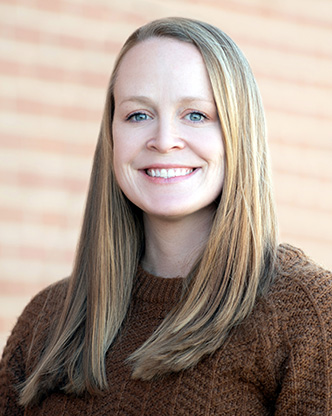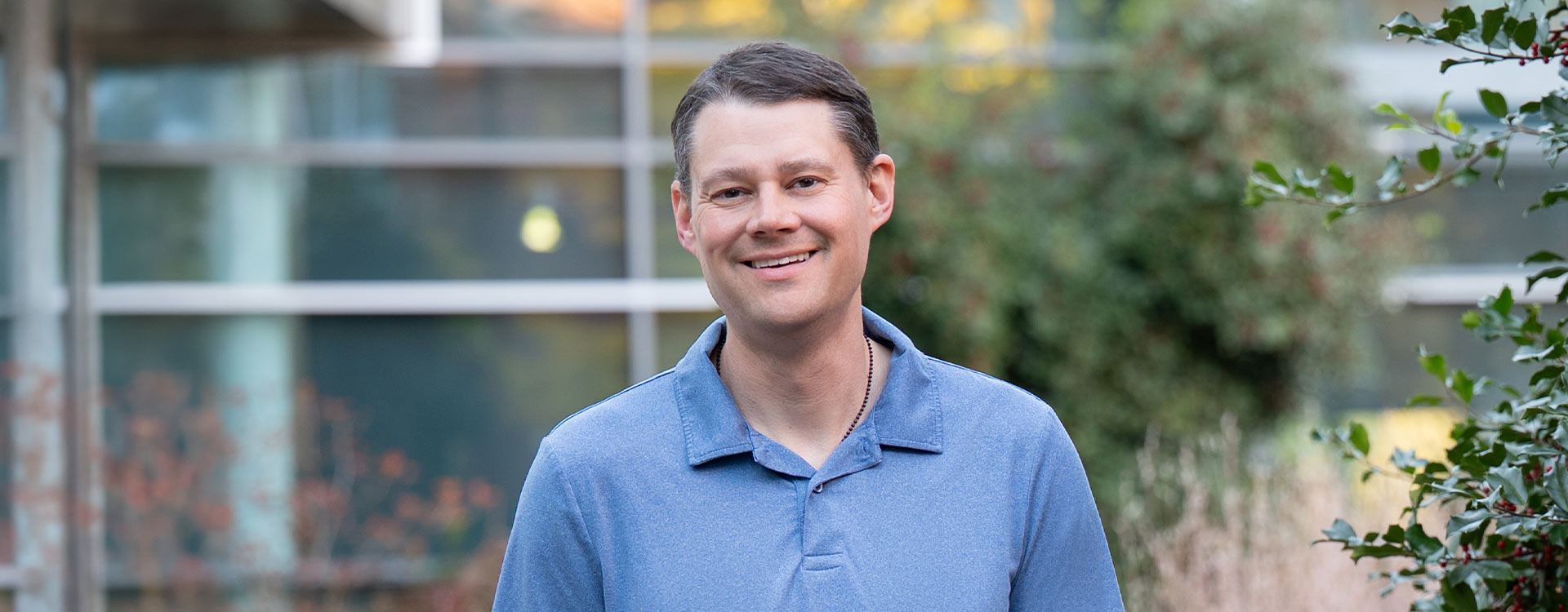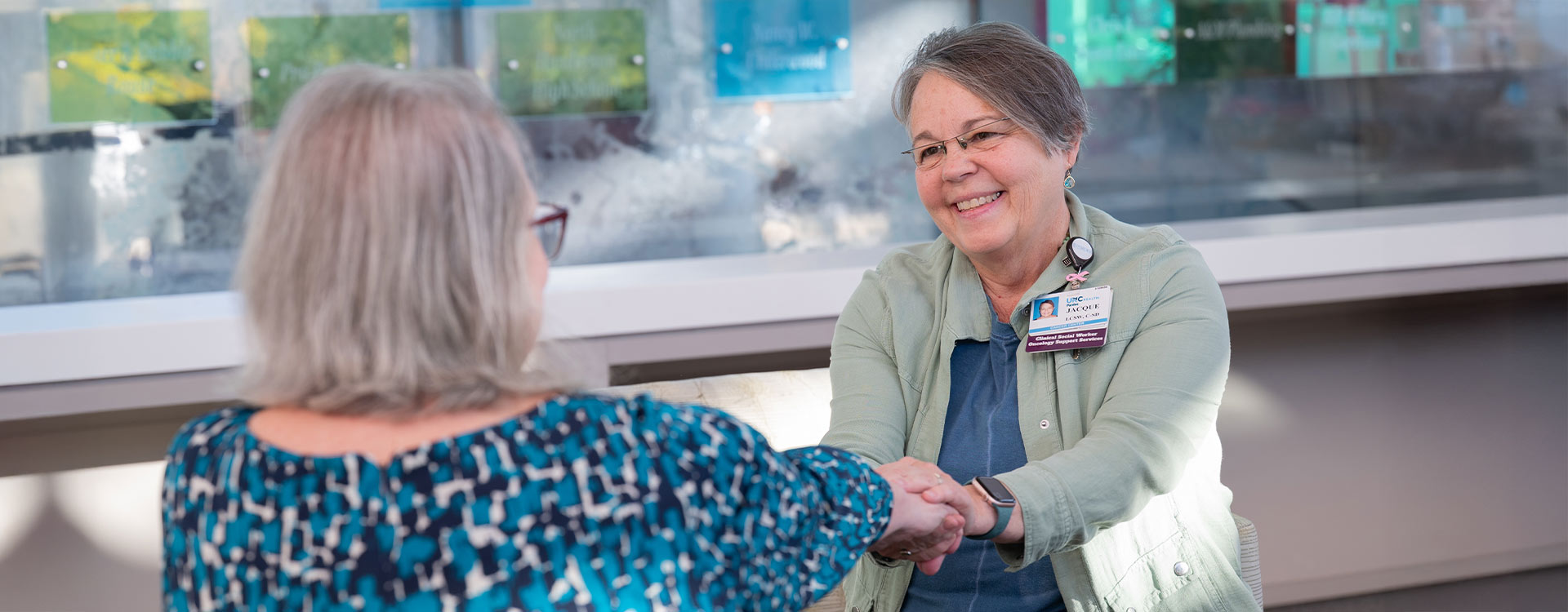Amyotrophic lateral sclerosis (ALS), often called Lou Gehrig’s disease, is a progressive condition that affects nerve cells in the brain and spinal cord. These nerve cells called motor neurons control everyday movements such as walking, speaking, and breathing. Over time, ALS causes these neurons to degenerate, leading to muscle weakness and eventual loss of movement.
Early Signs and Symptoms
Symptoms can begin subtly and vary from person to person. Muscle twitching, cramps, weakness in the arms or legs, or changes in speech and swallowing are common first signs. Because these symptoms resemble other conditions, diagnosis can take time and requires evaluation by a neurologist.
ALS is a progressive disease, meaning symptoms worsen over time. Patients may gradually lose the ability to walk, move their arms, speak, or breathe independently.
Diagnosis and Treatment
Diagnosing ALS requires a thorough evaluation by a neurologist using tests such as electromyography (EMG), nerve conduction studies, and imaging to confirm ALS. While there is no cure, treatment can help slow progression. Currently, there are a few medications that can slow disease progression, as well as a number of medications to help manage the symptoms. Supportive care for strength, mobility, nutrition, speech, breathing, pain, and cognition, which are tailored to the individual patient’s needs and symptoms.
ALS care typically involves a multidisciplinary care team which may include:
- Neurology
- Nursing
- Physical therapy
- Occupational therapy
- Speech therapy
- Respiratory therapy
- Nutrition
Living with ALS
Though ALS is not curable, it is a livable disease. ALS impacts not only patients but also their families. A team approach, combining medical care with physical, emotional, and social support helps patients maintain independence and quality of life for as long as possible. Support groups, counseling, and community resources are often vital for both patients and caregivers.
Research is actively exploring new treatments. While much work remains, ongoing discoveries provide hope for patients and families facing ALS.
Click here to learn more about the ALS Clinic with UNC Health Pardee.





